PROTECT YOUR DNA WITH QUANTUM TECHNOLOGY
Orgo-Life the new way to the future Advertising by AdpathwayPerfect compost is a wonderful thing. Creating your own is an excellent way to enrich your garden while also making efficient use of waste. It improves soil health, supports plant growth, and it’s beneficial to the environment.
Compost is chock-full of organic matter and nutrients. It improves the structure of your soil, making it looser for good root development. That’s because it increases the population of beneficial soil microbes, fungi, and earthworms. They not only enrich your soil, but they also create a more welcoming texture for roots.
It also improves the soil’s ability to retain moisture while still draining excess water. Proper drainage is vital for the majority of what we grow in our gardens. Poor drainage can cause root rot. Sandy soil drains too quickly, leaving plants dehydrated.
Composting is also an ideal way to recycle kitchen scraps, garden waste, and fallen leaves. This turns what would be waste into something useful by keeping these items out of landfills. All of these items contain valuable nutrients that are not usable in their original form.
Adding compost naturally boosts the fertility of your soil. In this way, it reduces the need for additional fertilizers. It breaks down slowly, promoting long-term garden health, and helps avoid fertilizer burn. Here are some tips for making perfect compost at home to enrich your garden and help the environment.
Bokashi Compost Starter
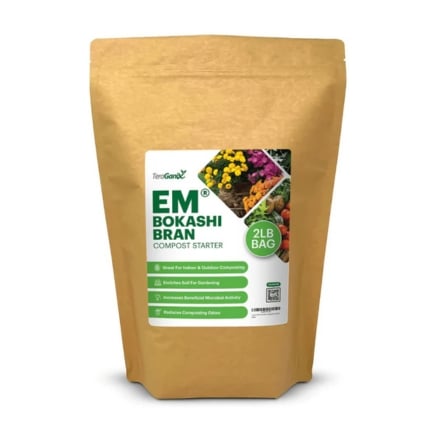
EM Premium Bokashi Compost Starter
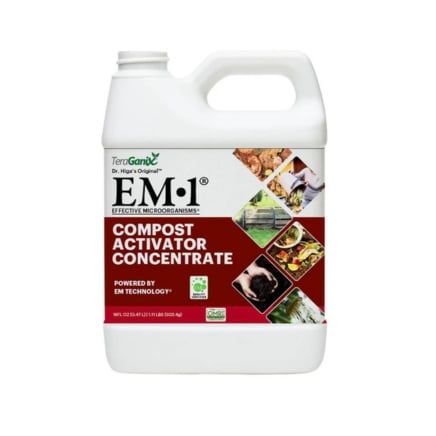
EM-1 Compost Starter, Concentrate
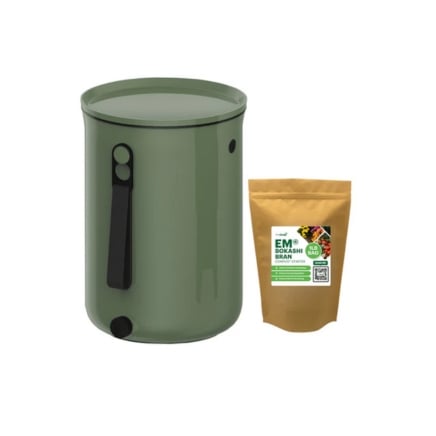
Bokashi Kitchen Compost Bin, 2.5 gal

Balance Your Greens and Browns
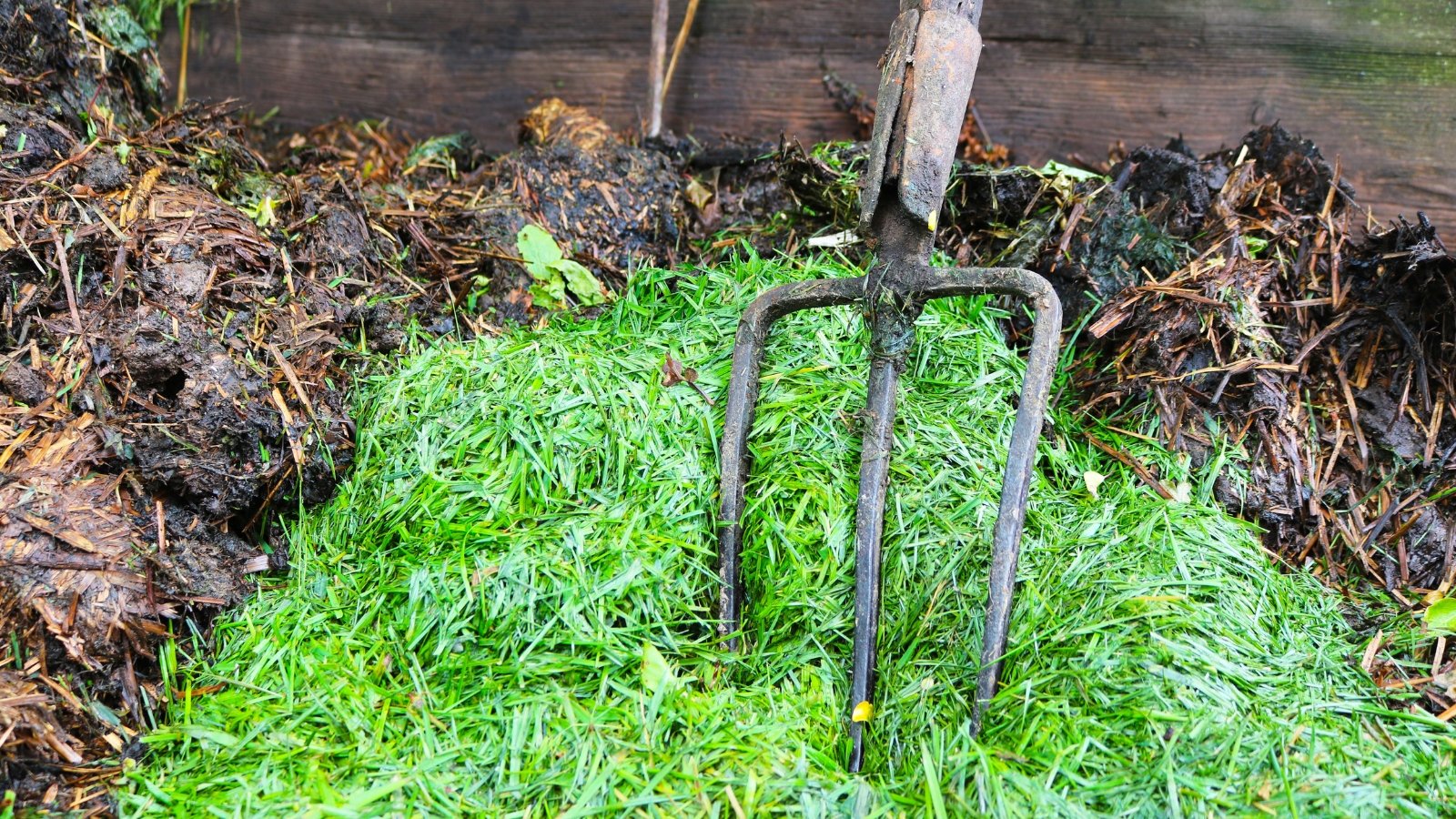 Keep things from smelling by adding more browns than greens.
Keep things from smelling by adding more browns than greens.It’s essential to balance your greens and browns when creating your perfect compost. This means adding items that are moist, soft, and easy to break down, in addition to dry coarse materials. These provide structure to your soil and keep it from becoming soggy and stinky.
Greens add nitrogen, which is one of the primary nutrients plants need for producing green growth. In this way, it reduces your need to add fertilizers, which boost nitrogen content. Examples of greens include:
- Kitchen scraps
- Fruit peels
- Fresh garden clippings
Browns add carbon to your compost. Think of these as carbohydrates for microbes, which balance the moisture level. Those microbes are responsible for breaking down the green materials. Browns also improve aeration and structure, making it less smelly. Examples of browns include:
- Dried leaves
- Shredded paper and cardboard
- Mulches such as hay and straw
The rule for balancing your greens and browns is two or three parts brown to one part green. This provides the nitrogen and energy to break down the material efficiently and adequately. It’s best to layer them rather than waiting until you have tons of green to add the browns.
Keep it Lightly Moist
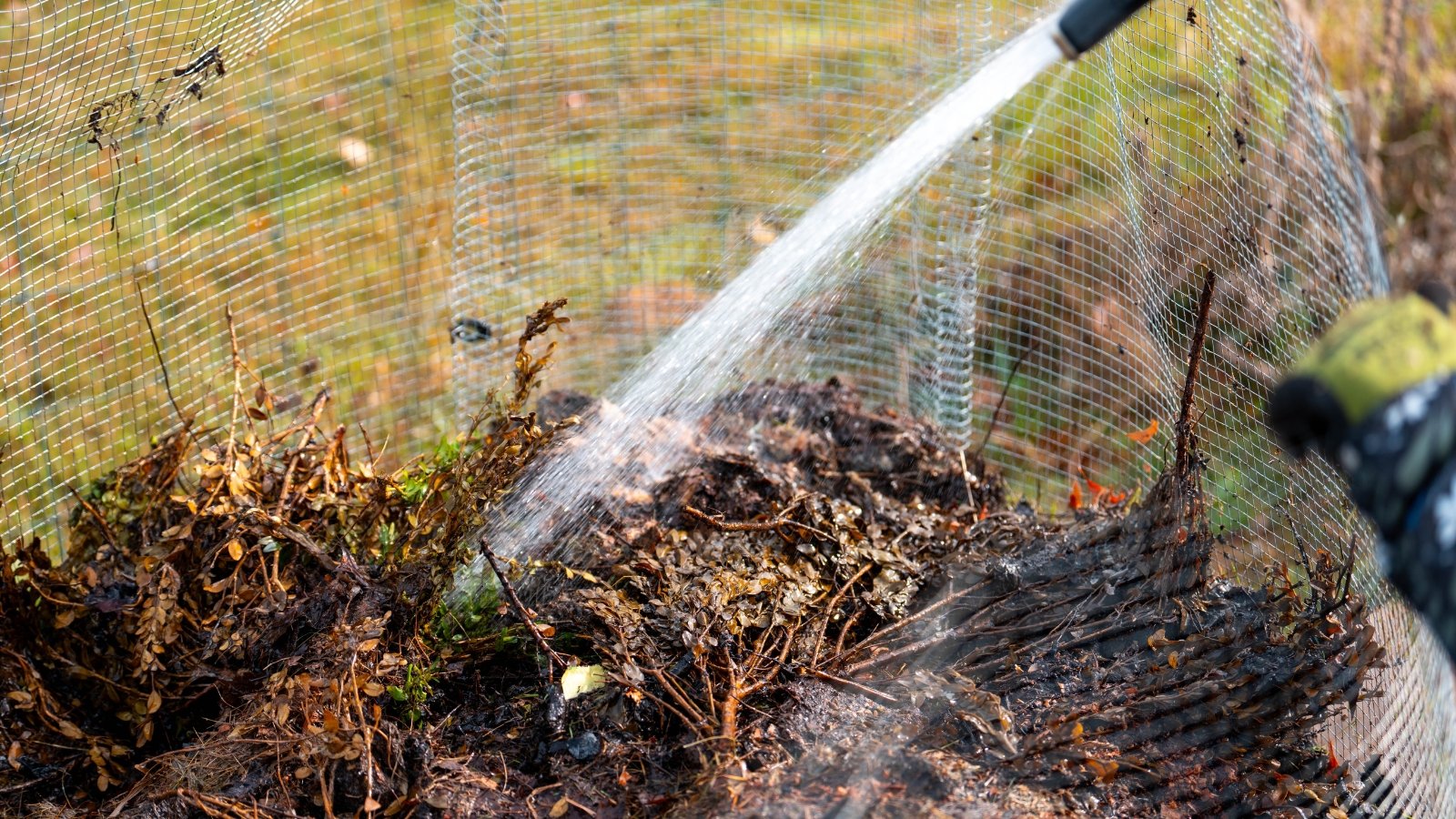 A little moisture keeps the pile lively and breaking down.
A little moisture keeps the pile lively and breaking down.Moisture is an essential component of creating perfect compost. Moisture is important for aiding microorganisms and decomposers in their important task. They break down the organic matter into a form that is usable for your plants.
These important organisms need water to survive, like all living things. If your compost is dry, decomposition will slow down or stop altogether.
Moisture also helps to maintain the chemical reactions involved in the composting process. Ideally, your perfect compost should be lightly moist, like a wrung-out sponge. It should be damp, but not soggy. Too much water can starve it of oxygen, which leads to foul odors.
If you want it to break down quickly and efficiently, moisture is vital. It keeps things active and healthy. This is what breaks down the materials into nutrient-rich humus.
Maintain Ventilation
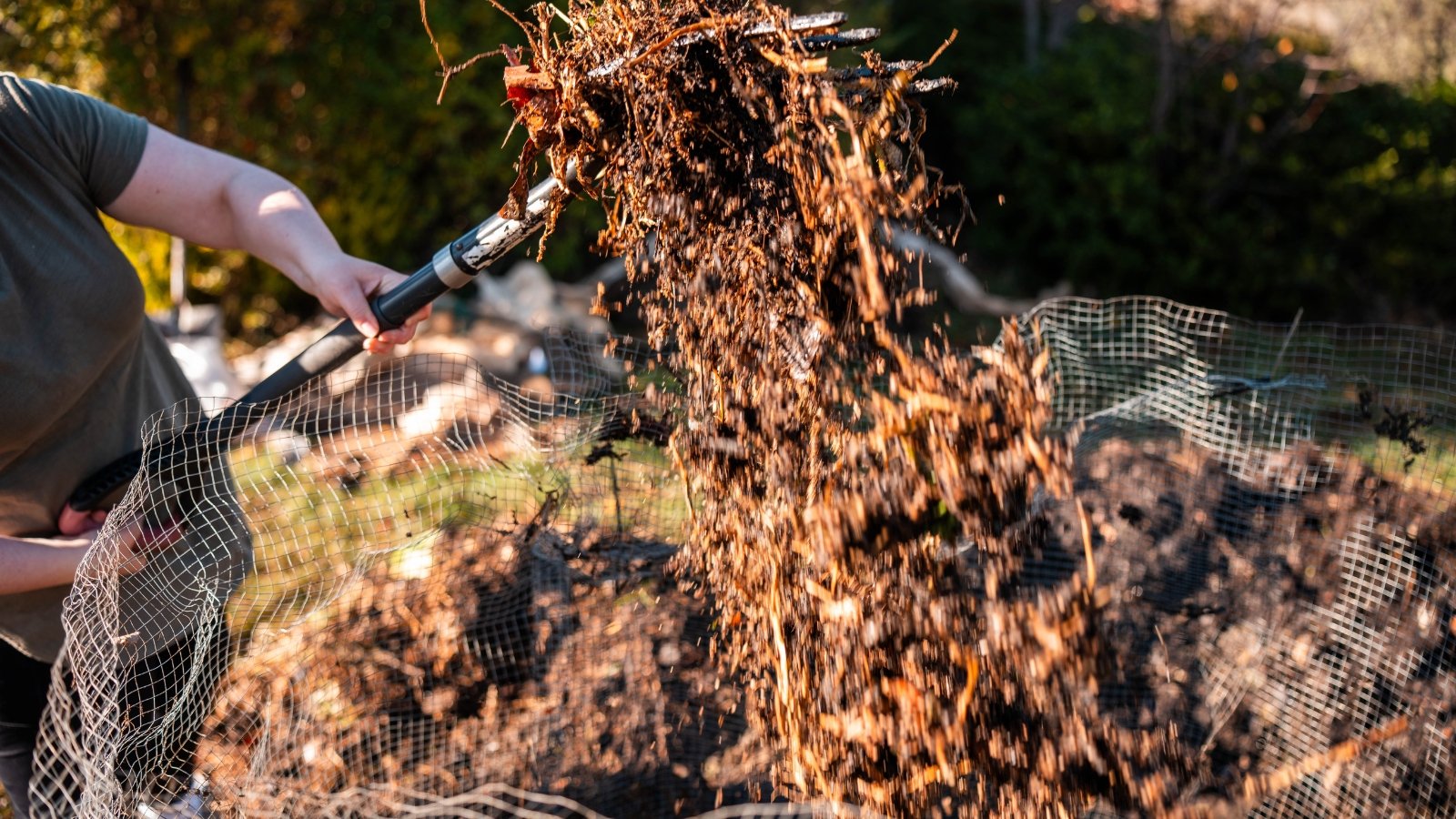 Oxygen keeps the pile sweet, steady, and breaking down.
Oxygen keeps the pile sweet, steady, and breaking down.Ventilation, or air flow, is an essential component of perfect compost. Because this is an aerobic process, it needs oxygen to fuel those microorganisms, just like moisture does. It helps those organisms to stay active and efficient. If you think about it, these are the same things that are important to maintaining a healthy human body.
Without ventilation, your mixture will become anaerobic, or depleted of oxygen. This, again, creates a stinky, rotting smell as it adds to the production of methane gas and sulfur.
Proper airflow also regulates the moisture and temperature of your compost. It prevents overheating and controls moisture buildup. You can improve ventilation by turning your pile on a regular basis.

Keep It Hot
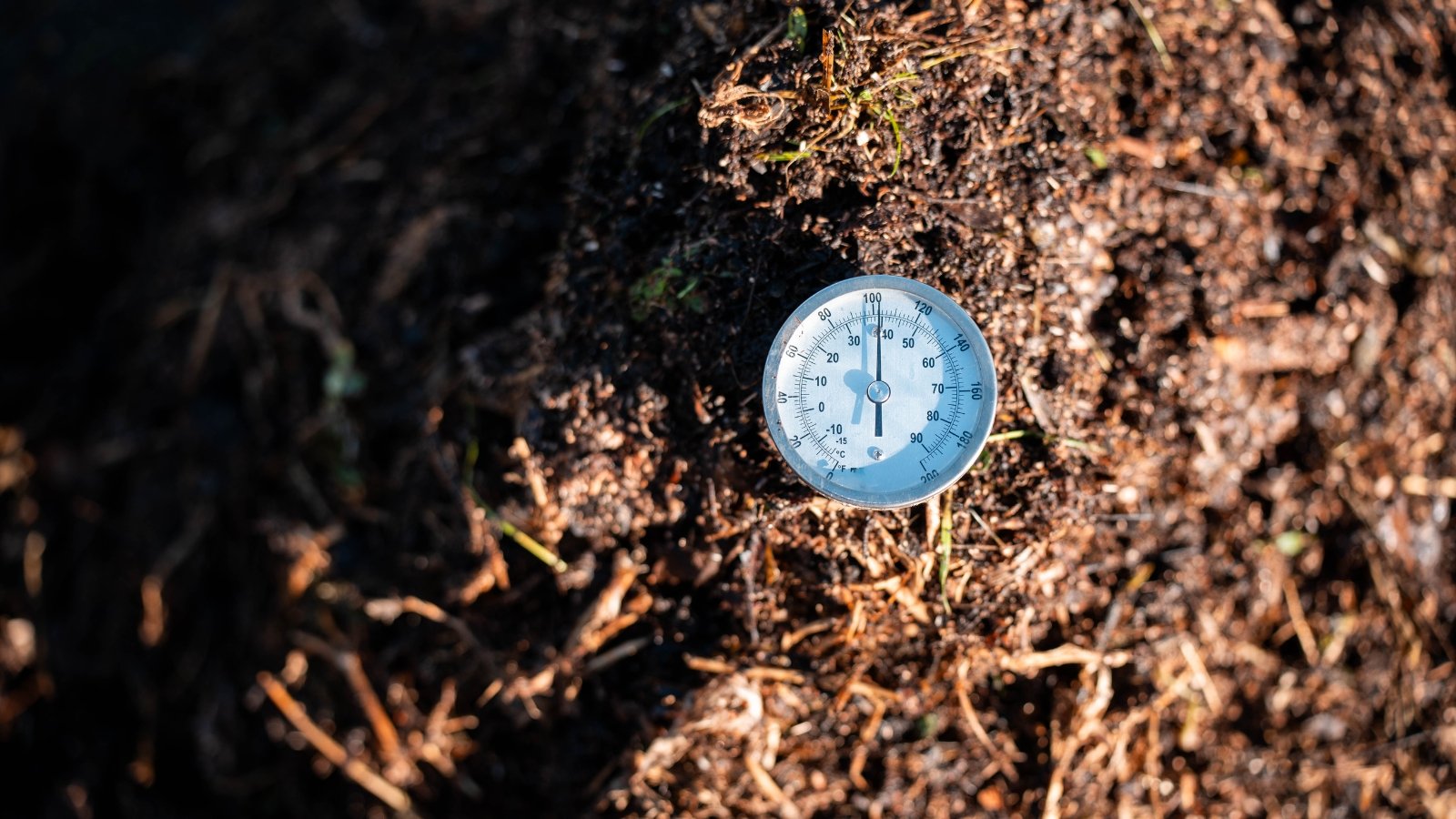 A hot pile means fewer weed seeds and bugs lingering.
A hot pile means fewer weed seeds and bugs lingering.Heat is another important component in creating perfect compost. It speeds the decomposition process so that your compost is ready sooner. Thermophilic bacteria are heat-loving bacteria. These are the most efficient decomposers.
Heat has other useful purposes. It kills weed seeds, insect larvae, and dangerous pathogens. This makes it safer for use in the garden. Compost that is too cool may harbor unwanted pests and diseases. These remain in the soil and affect the plants they come into contact with.
Maintaining the right balance of greens and browns, moisture, and aeration are all factors in maintaining heat. You also need a large enough pile to make this happen correctly. Your pile should be at least three cubic feet.
Chop It Up
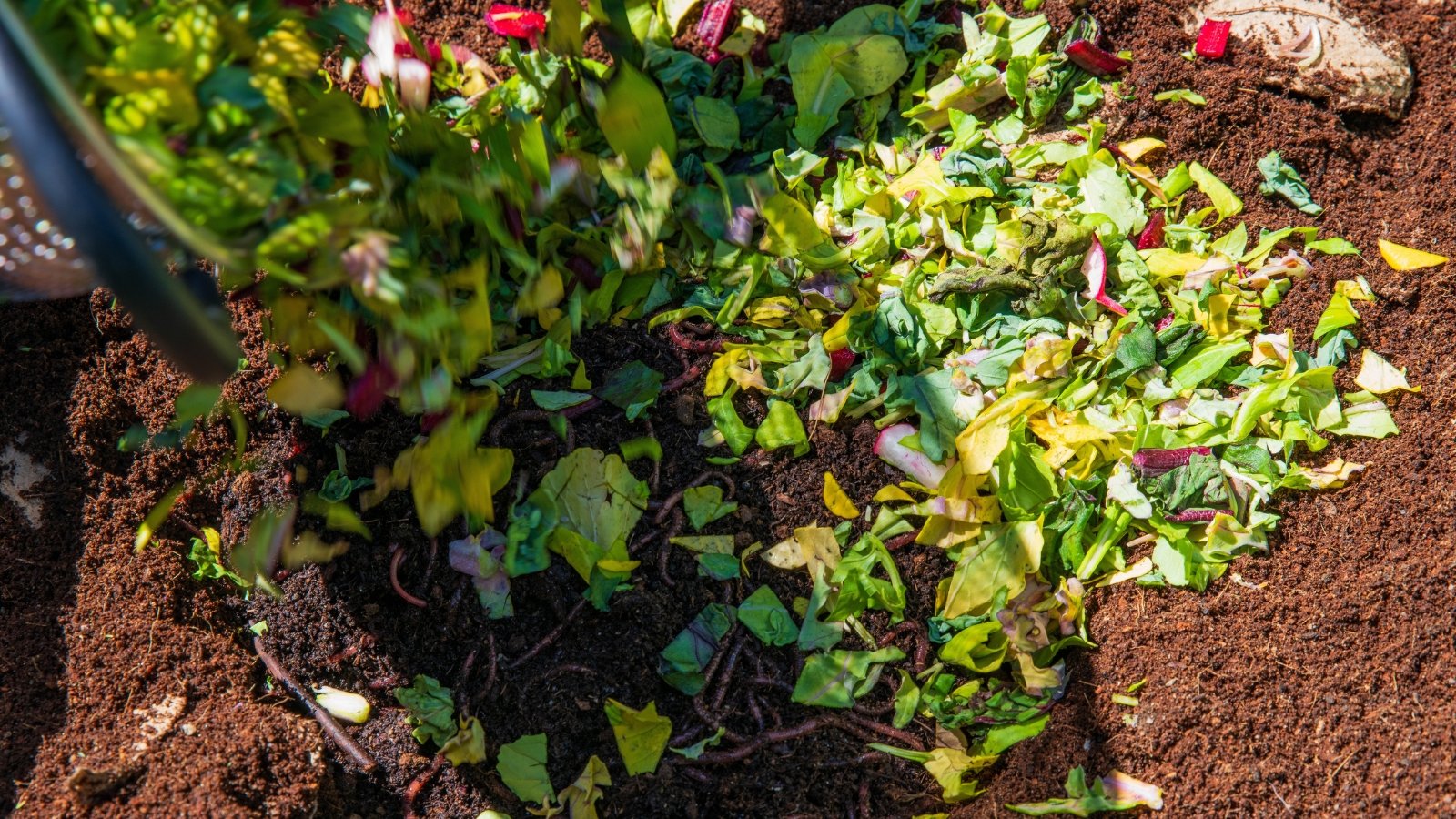 Smaller pieces break down faster and keep heat even.
Smaller pieces break down faster and keep heat even.To create that perfect compost, chopping or shredding is vital. Smaller pieces have more surface area, giving those decomposers easier access to that material. An apple takes much longer to break down when it’s whole as compared to a chopped-up piece of fruit.
Chopping or shredding also reduces air pockets, which makes the pile heat more evenly. It encourages better mixing of the greens and browns. Uniformly chopped bits create a more balanced pile, which is more manageable. It prevents pockets of stinky, compacted spots.
Cut up kitchen scraps, chop leaves, and break up sticks and twigs before you add them to your compost pile. This will result in faster, more consistent decomposition.
Avoid Adding These
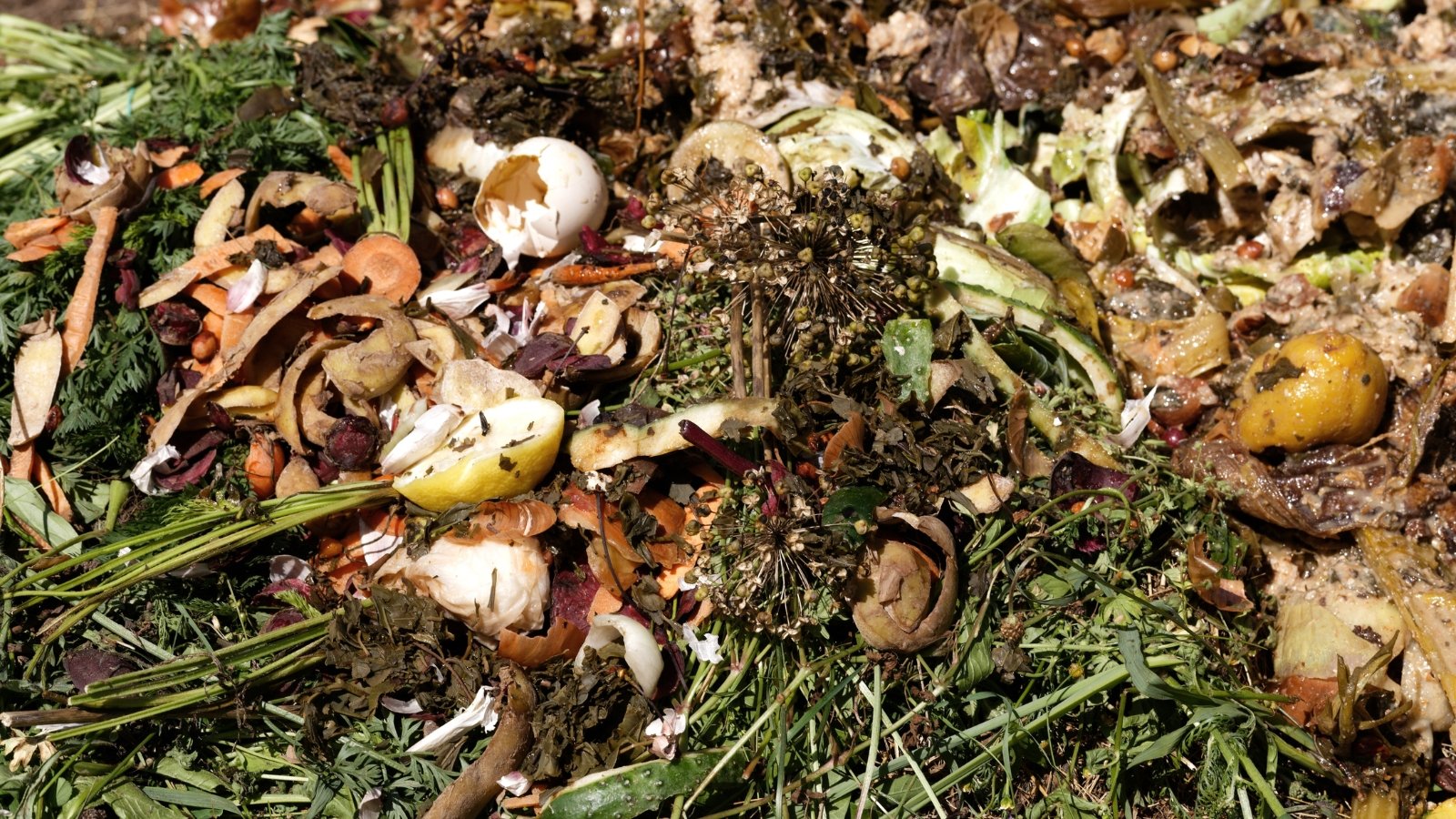 Rotting animal bits bring pests and awful smells.
Rotting animal bits bring pests and awful smells.Not everything that comes from your kitchen or garden is appropriate to add to your perfect compost. Certain materials can cause foul odors, introduce toxins and diseases, attract nuisance insects, or slow down the breakdown.
Avoid adding animal products to your pile. They break down slowly and attract rodents and flies. They also smell awful as they rot. Needless to say, pest and human waste are not good to toss in there either. These can contain parasites and harmful bacteria.
Don’t add anything invasive or weeds with mature seeds and persistent root systems. These can survive in there and pop back up in your garden. Diseased plant materials are also a major no-no. These fungal and bacterial pathogens and viral diseases can stick around if your pile doesn’t remain hot enough.
Keep synthetics and chemically treated materials out of your compost. These don’t break down and contaminate your pile. Oily and salty food should be kept to a minimum, along with processed foods. They break down slowly and attract pests.
Let It Cure
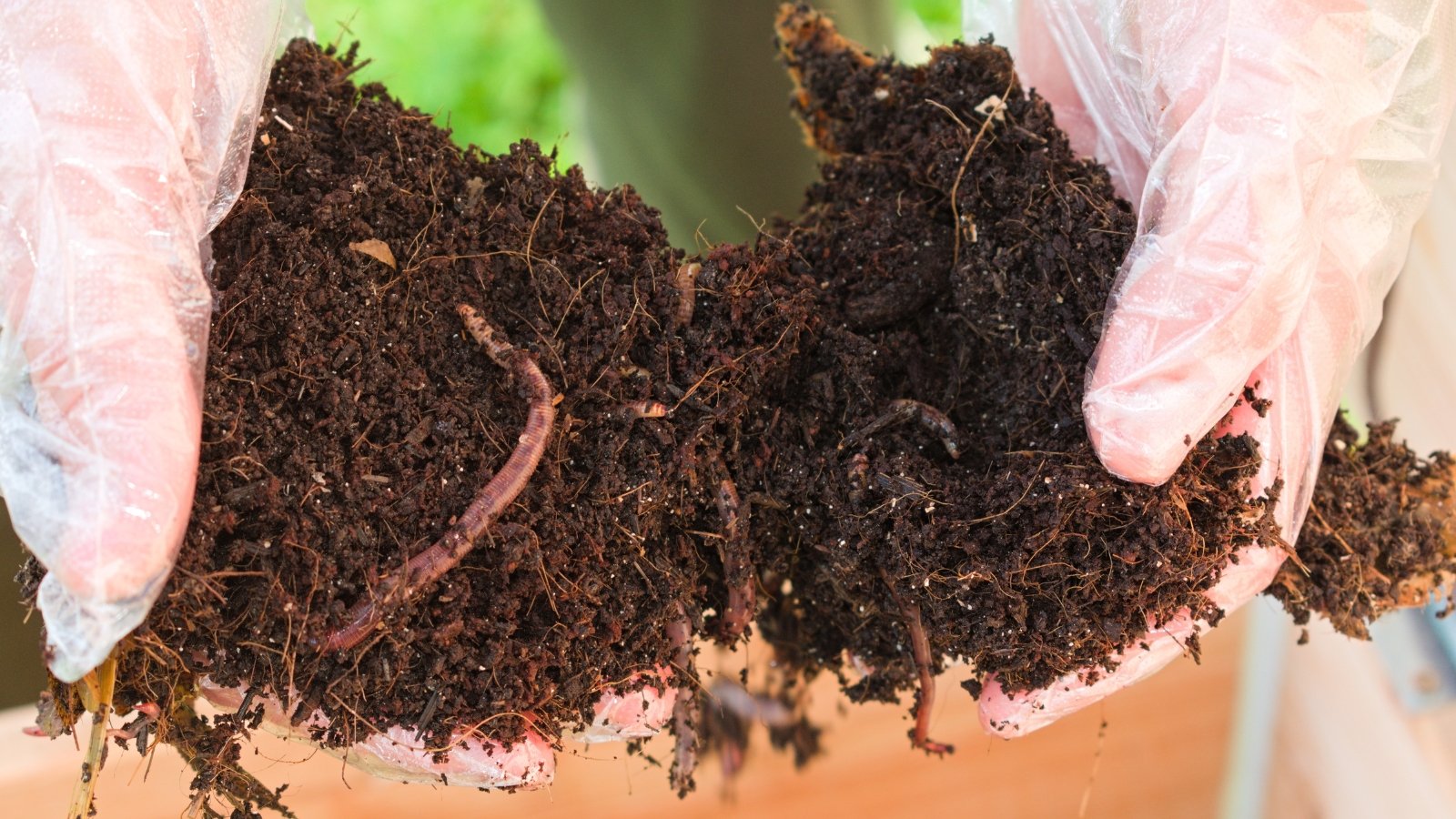 Let the pile rest to become safe and nutrient-rich.
Let the pile rest to become safe and nutrient-rich.If you want perfect compost, you need to give it time to cure. This will result in stable, mature material that is both safe and beneficial to your plants.
Fresh compost may still contain active microbes, organic acids, and unstable compounds. These can rob your soil of nitrogen, release heat and odors, and harm your young seedlings.
The curing stage should last at least two to four weeks. Leaving it longer is better than not long enough. During the curing process, any remaining materials break down into humus. This creates the perfect compost texture, which is chemically balanced, crumbly, and easy to use.
Properly cured compost is perfect compost. It ensures that you’re adding mature nutrient-stable material. This supports healthy plant growth while avoiding disease, stress, or pest infestation.


 21 hours ago
13
21 hours ago
13

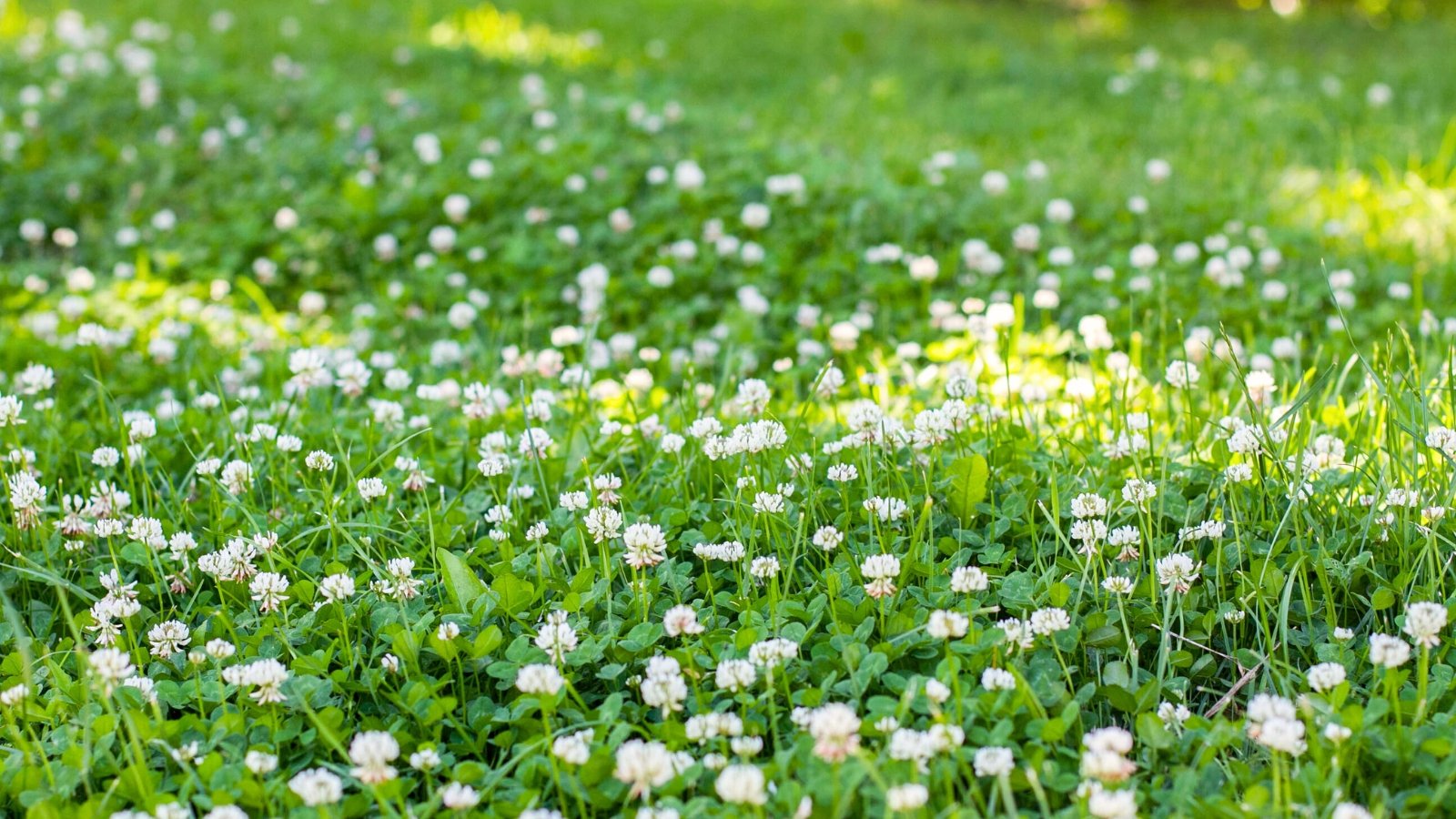



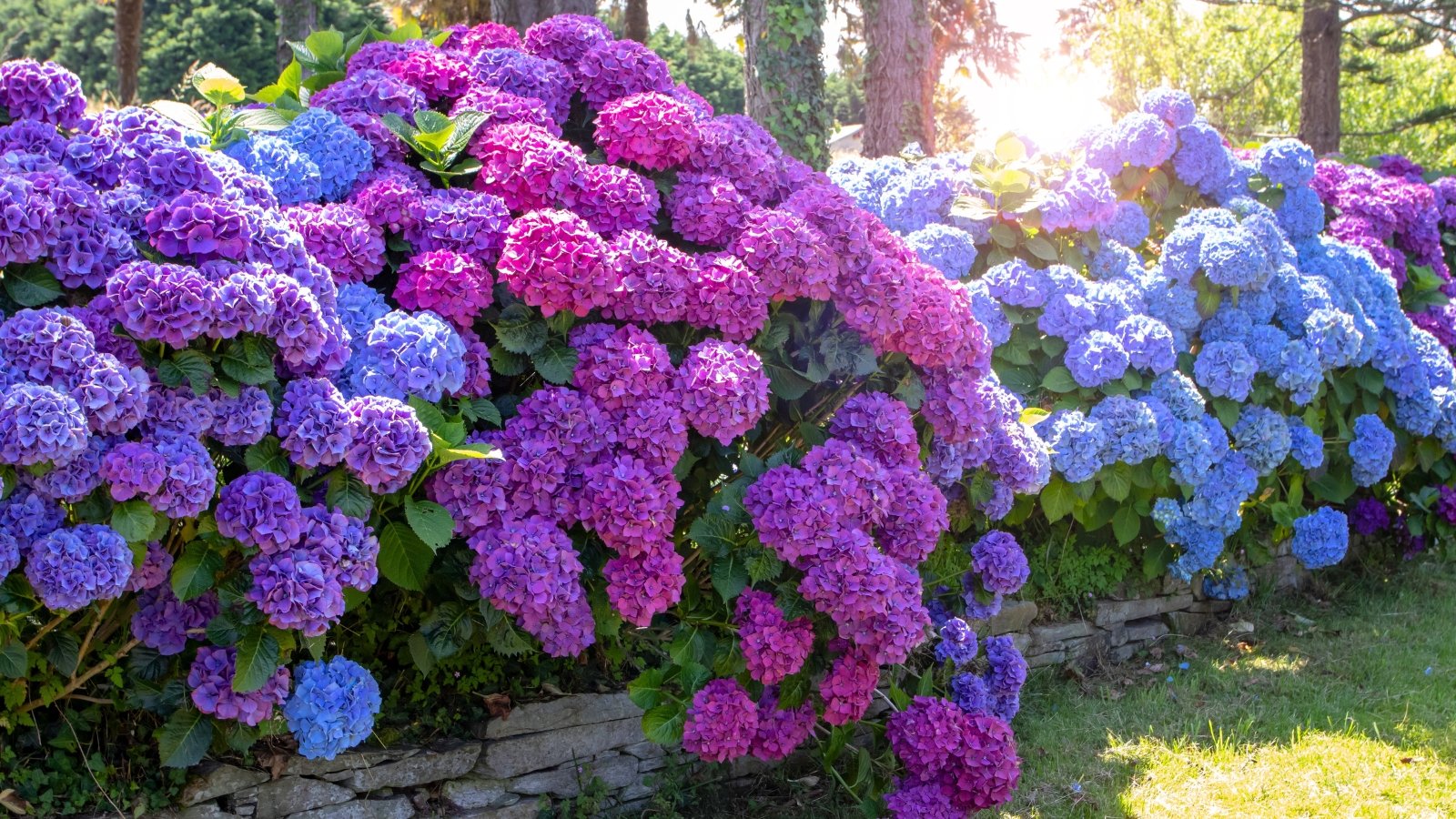
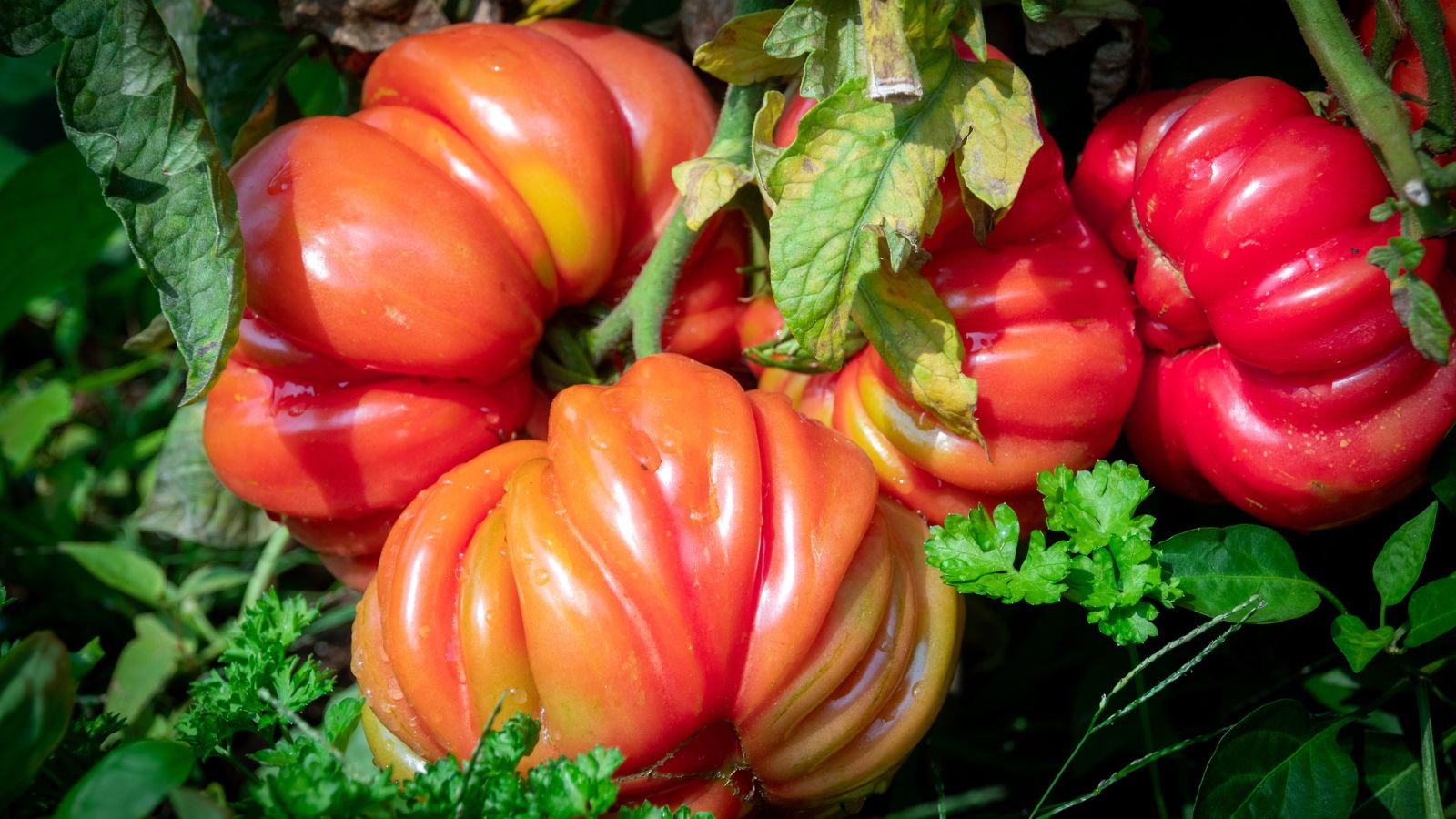














 English (US) ·
English (US) ·  French (CA) ·
French (CA) ·